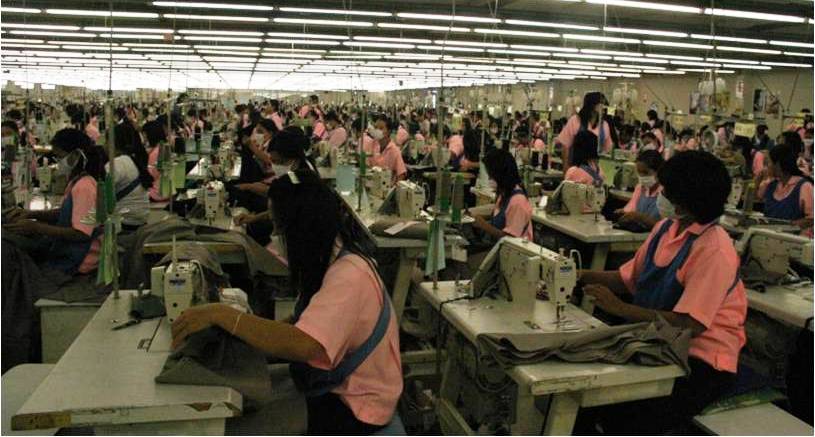Center for Fair & Alternative Trade
“From Varieties of Capitalism to Varieties of Activism?: The Anti-Sweatshop Movement in Comparative Perspective” Jennifer Bair
Presented by Jennifer Bair, Assistant Professor, Sociology, University of Colorado-Boulder

On April 8, 2011, Jennifer Bair, Assistant Professor of Sociology, University of Colorado-Boulder, presented “From Varieties of Capitalism to Varieties of Activism?: The Anti-Sweatshop Movement in Comparative Perspective” to CFAT faculty, associates, and students.
Dr. Bair researches political economy, comparative sociology, and development, with a regional focus on Latin America and the Caribbean. She is the co-editor of Free Trade and Uneven Development: The North American Apparel Industry after NAFTA (Temple University Press, 2002) and editor of Frontiers of Commodity Chains Research (Stanford University Press, 2009). She also the newest member of CFAT’s team of research associates.
In the presentation, Dr. Bair drew on a study that she and her colleague Florence Palpacuer have completed on the emergence and institutionalization of anti-sweatshop activism in the Global North. The anti-sweatshop movement is a diverse collection of efforts to improve working conditions and promote labor rights in international supply chains for apparel and footwear products. In recent decades, powerful brands such as Nike or Walmart have increasingly sourced products from suppliers in low-income countries. Repeated reports of labor abuses in these faraway factories sparked an upsurge in international activism around labor practices in global industries in the 1990s.
While most research in this area focuses on transnational activist networks and global North / South ties of solidarity, Bair and Palpacuer illustrate the diverse strategies employed by anti-sweatshop groups. Based on ethnographic research and semi-structured interviews conducted with non-governmental organizations, unions, and industry associations, their analysis highlights how anti-sweatshop activism differs in Western Europe, the United States, and Canada. Bair and Palpacuer identify key variations in the origins and trajectories of anti-sweatshop movements in these three regions. They show how divergent national institutions, historical traditions, and political cultures have influenced these movements. In particular, Bair and Palpacuer argue that corporatist traditions have shaped the institutionalization of anti-sweatshop efforts in Europe and Canada, whereas in the United States more oppositional labor relations have forged a significantly different movement approach. As they demonstrate, the greater power and size of apparel and footwear brand corporations in the United States is also important in explaining the distinctive nature of U.S. anti-sweatshop organizations.
Although anti-sweatshop activists have attempted to create a uniform standard for monitoring and enforcing labor rights in Third World factories that would unite corporate codes of conduct, these efforts have to date had limited success. Dr. Bair concluded her presentation by arguing that collaborative efforts to improve labor rights must account for the impact that the historical and cultural diversity of the stakeholders has on how they envision, communicate, construct, and enforce solutions to transnational problems.